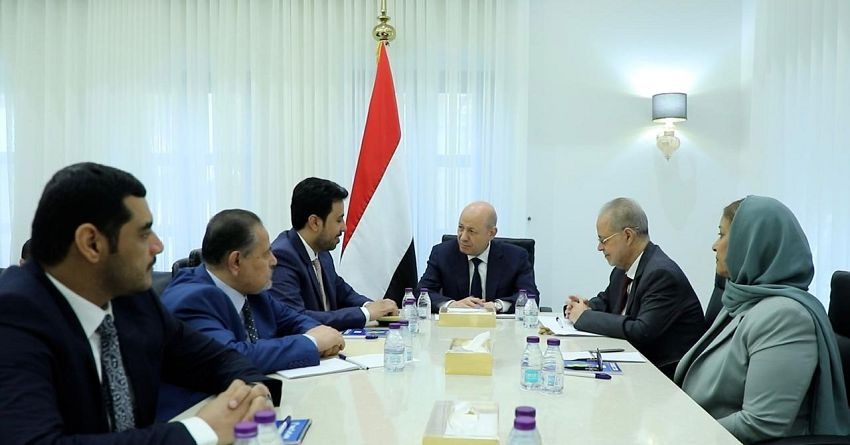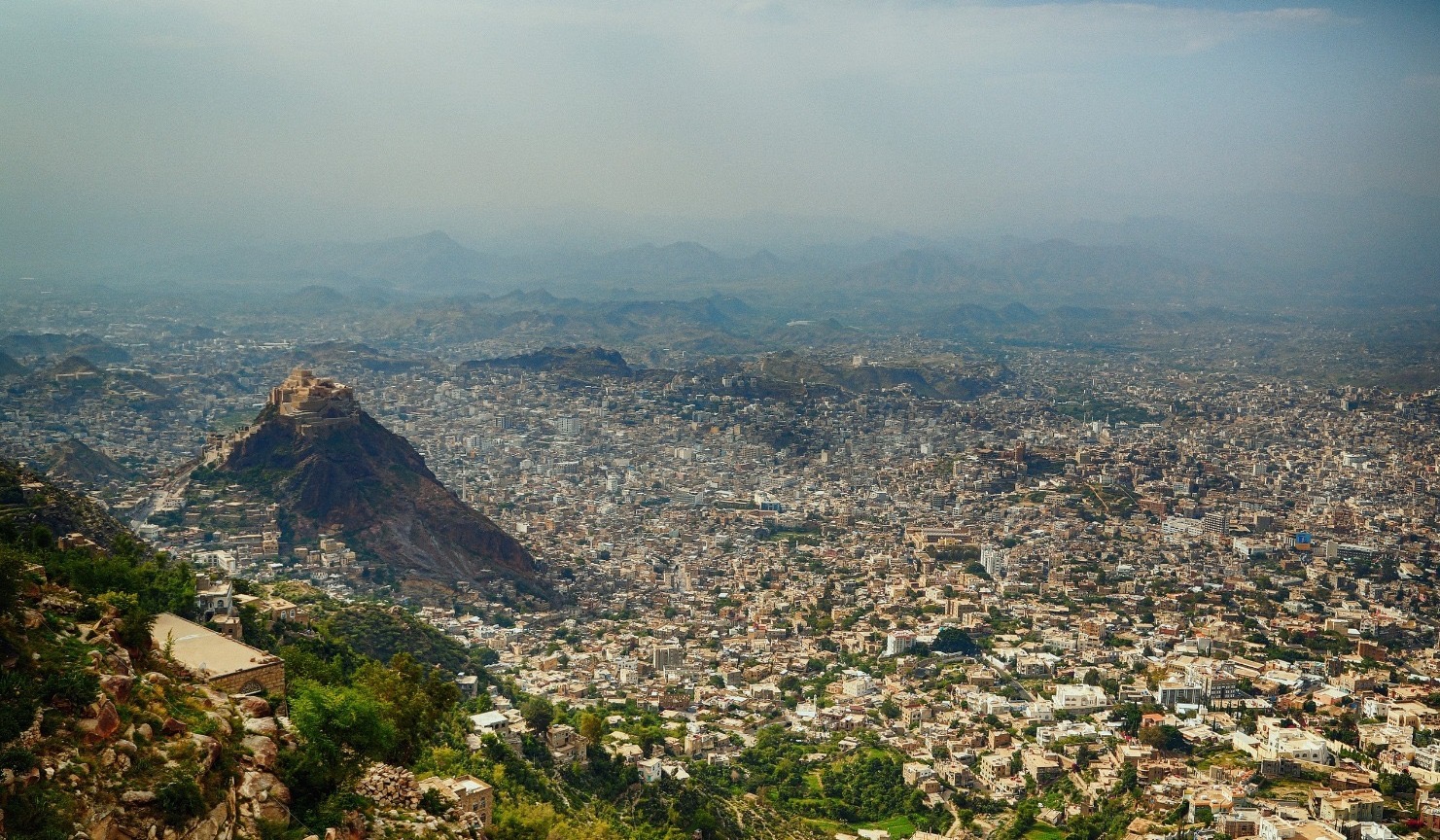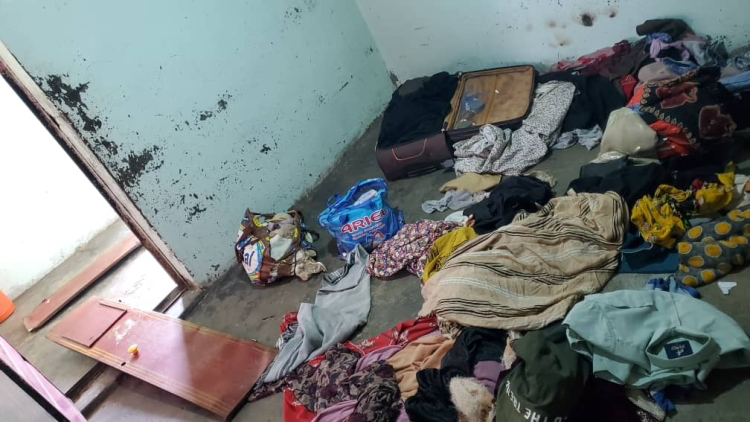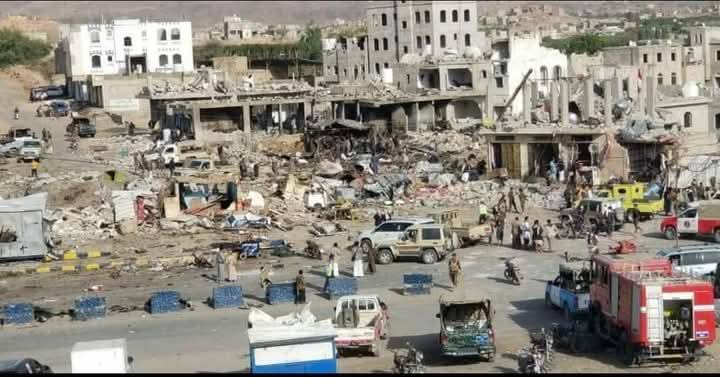
Barran Press
Yemen's Presidential Leadership Council President Rashad al-Alimi on Monday, September 2, 2024, stressed the government's commitment to "strengthening the presence of the Consultation and Reconciliation Authority in bridging differences and building trust among all national components."
This statement came during a meeting with the head of the Consultation and Reconciliation Authority, Mohammed al-Gaithi, and his deputies: Sakher al-Wajih, Jamila Ali Raja, and Akram al-Amri, according to the official Yemeni news agency Saba.
The meeting saw al-Alimi and the authority's leadership receive a briefing on the body's work over the past period in implementing its mandate as outlined in the power transfer declaration.
Discussions also touched upon the authority's current and future programs in political, economic, social, and media aspects. The focus was on continuing efforts towards reconciliation and consensus, bridging differences between various political parties and national forces, and uniting them around the goal of restoring state institutions and ending the coup.
Saba reported that al-Alimi praised the Consultation Authority's efforts and its supportive role to the council, including its institutional development, leadership stability, and key working committees.
He also highlighted recent developments in the local situation, priorities, and necessary reforms to strengthen unity and address the financial and humanitarian pressures imposed by the Houthi militia, internationally designated as a terrorist group, through attacks on oil facilities and international shipping routes. These attacks have deprived the state treasury of about 70% of its primary resources.
The Presidential Leadership Council President outlined the results of his meetings with regional and international actors, and the efforts of brotherly and friendly nations to de-escalate the economic situation and revive the political process based on the roadmap proposed by Saudi Arabia.
He also mentioned the outcomes of his recent visit to Taiz governorate in southwestern Yemen, emphasizing the importance of building on these outcomes to strengthen the government's position in the governorate at all levels. Additionally, he referred to his visit to Hadramawt governorate in southeastern Yemen and the efforts to address the legitimate demands of the governorate's residents and strengthen its historical standing as a model for state presence and the rule of law.





